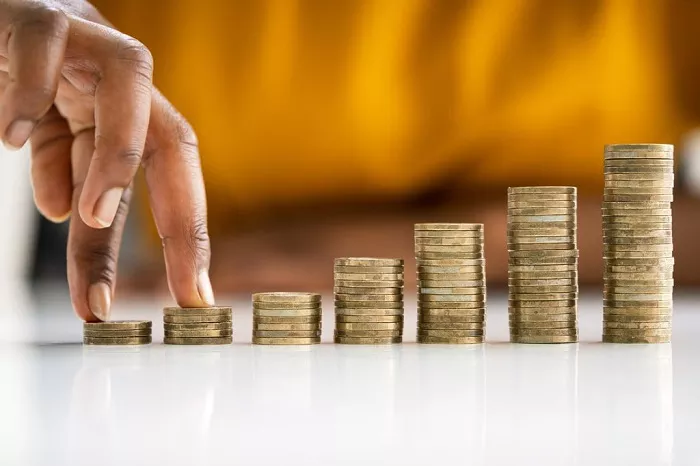President Bola Ahmed Tinubu says his administration’s economic reforms are driving strong growth, stabilizing prices, and strengthening the naira—achievements that have gained recognition from international institutions and industry leaders.
Speaking at the National Assembly as part of the 2025 Democracy Day celebration , Tinubu outlined the progress made since he assumed office. He said his government prioritized bold economic reforms to fix long-standing structural issues and jumpstart the economy.
“We introduced fundamental reforms to correct structural imbalances that prevented growth,” Tinubu said. “We are already seeing results.”
According to the President, Nigeria’s Gross Domestic Product (GDP) grew by 3.4% in 2024, with fourth-quarter growth reaching 4.6%—the highest in over a decade. Inflation is gradually easing, food prices are stabilizing, and the naira exchange rate has become more stable. He also noted that the country’s net foreign reserves have increased fivefold.
The president said Nigeria’s balance of payments has turned positive and its sovereign credit ratings are improving. “States are no longer borrowing just to pay salaries,” he added.
Highlighting social programs, Tinubu said over 100,000 Nigerians—including 35,000 civil servants—have accessed affordable consumer credit through the Nigerian Consumer Credit Corporation (CREDICORP). This, he said, has helped many acquire vehicles, improve their homes, and afford basic needs. He also announced a new initiative launching in July to provide consumer credit to 400,000 young Nigerians, including Youth Corps members.
He reaffirmed his administration’s commitment to empowering the youth. Through programs like NELFUND, the government is investing in education, vocational training, apprenticeships, and internships. “We are making sure our youth are job-ready and future-ready,” he said.
The president also revealed plans to roll out a nationwide fibre optic cable network to improve internet connectivity. This infrastructure, he said, will boost business operations, support digital learning, and connect more communities.
FX Reforms Drive Stability
Since October 2023, the Central Bank of Nigeria (CBN), led by Governor Olayemi Cardoso, has implemented key reforms to stabilize the exchange rate and rebuild the country’s economic buffers.
The CBN unified multiple exchange rates into a single Investors and Exporters (I&E) forex window. This reform eliminated arbitrage opportunities, restored investor confidence, and supported a 4.6% year-on-year GDP growth in Q4 2024.
To address the over $7 billion FX backlog and inefficiencies in the market, the CBN reintroduced the “Willing Buyer, Willing Seller” model and launched an electronic FX matching system. These steps boosted transparency and efficiency in currency trading.
The CBN also introduced the Nigeria Foreign Exchange Code (FX Code) to enforce ethical standards in the market. “The era of opaque practices is over,” said Cardoso. “Violations will face penalties under the CBN and BOFIA Acts.”
Global Endorsements
Fitch Ratings recently upgraded Nigeria’s long-term foreign currency outlook from “negative” to “stable,” citing successful reforms including exchange rate unification, the new FX code, and tighter monetary policy to fight inflation.
Fitch said these changes have improved policy coherence, reduced economic distortions, and enhanced resilience in the face of internal and external challenges.
Moody’s also upgraded Nigeria’s issuer rating from ‘Caa1’ to ‘B3’ with a stable outlook, crediting improved external and fiscal positions. The agency noted that Nigeria’s FX reforms have strengthened the balance of payments and CBN reserves. It added that inflationary pressures are starting to ease, thanks to more consistent policy direction.
World Bank Backs Reform Momentum
The World Bank recently endorsed Nigeria’s economic trajectory, forecasting steady growth over the next three years. In its June 2025 Global Economic Prospects report, it projected GDP growth of 3.6% in 2025, 3.7% in 2026, and 3.8% in 2027.
Despite global economic uncertainty, Sub-Saharan Africa is expected to see accelerating growth, with Nigeria playing a key role. The World Bank credited Nigeria’s policy reforms for improving macroeconomic stability and increasing resources for social programs and infrastructure.
Deputy Chief Economist Ayhan Kose urged emerging economies like Nigeria to deepen trade ties, adopt pro-growth reforms, and build fiscal resilience. “With trade barriers rising, global cooperation is more important than ever,” he said.


